How Twilio Became the Digital Engine for 320,000+ Businesses Worldwide

In today’s wave of digital transformation, enterprises’ expectations for “communication” capabilities have changed dramatically. From SMS verification codes and order notifications to customer support and personalized marketing, communication is not only a foundational capability for business operations but also a crucial touchpoint for customer experience.
Twilio is the platform that turns “fragmented communication into seamless interaction.”
Twilio is not a chat tool for ordinary users, but an open cloud communication platform that enables developers, product managers, and operations teams to quickly integrate SMS, voice, email, video, and even customer data into their business workflows with minimal barriers.
A Global Choice: Who’s Using Twilio
Twilio is used across industries worldwide.
- Developers love Twilio because it simplifies traditionally complex communication systems (like voice calls, SMS, global number provisioning, authentication, etc.) into APIs that can be called with just a few lines of code.
- Product managers and business leaders value its flexibility and control—enabling them to rapidly build verification, notification, and alert systems into the user journey without waiting for in-house systems to be developed.
- Twilio’s Flex cloud contact center is favored by businesses requiring global and multi-channel support—such as e-commerce, online education, and ride-hailing platforms.
- Marketing teams leverage Twilio’s SendGrid platform for precision email campaigns.
- Data teams utilize Twilio Segment to manage customer data, enabling better segmentation and insight.
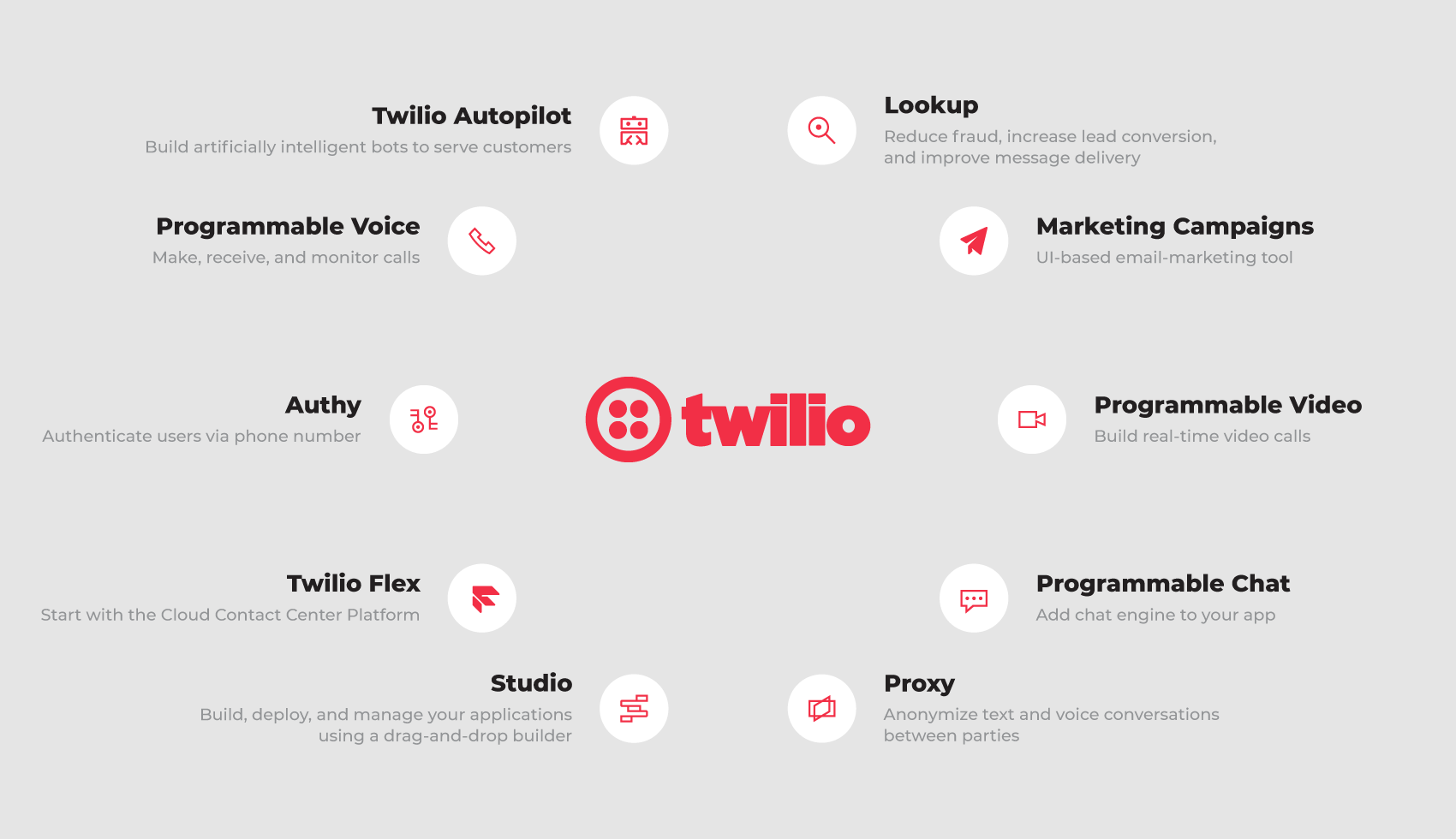
From an industry perspective, well-known global brands like Uber, Airbnb, Netflix, and Shopify are all loyal Twilio users. To date, over 320,000 businesses have adopted Twilio, and this number continues to grow.
The Power of Simplification: Why Twilio Wins
The reason enterprises choose Twilio is simple: Twilio turns what used to be costly, complex, and compliance-heavy communication infrastructure into lightweight and reliable cloud services.
Many organizations lack the resources to build voice platforms, SMS gateways, or global number pools. Add in the complexity of complying with various telecom and legal regulations, and the traditional approach becomes even more expensive and time-consuming.
Twilio abstracts these infrastructures into APIs. Businesses simply call an interface to send SMS, make voice calls, initiate video chats, trigger email notifications, implement multi-factor authentication, or analyze global customer behavior.
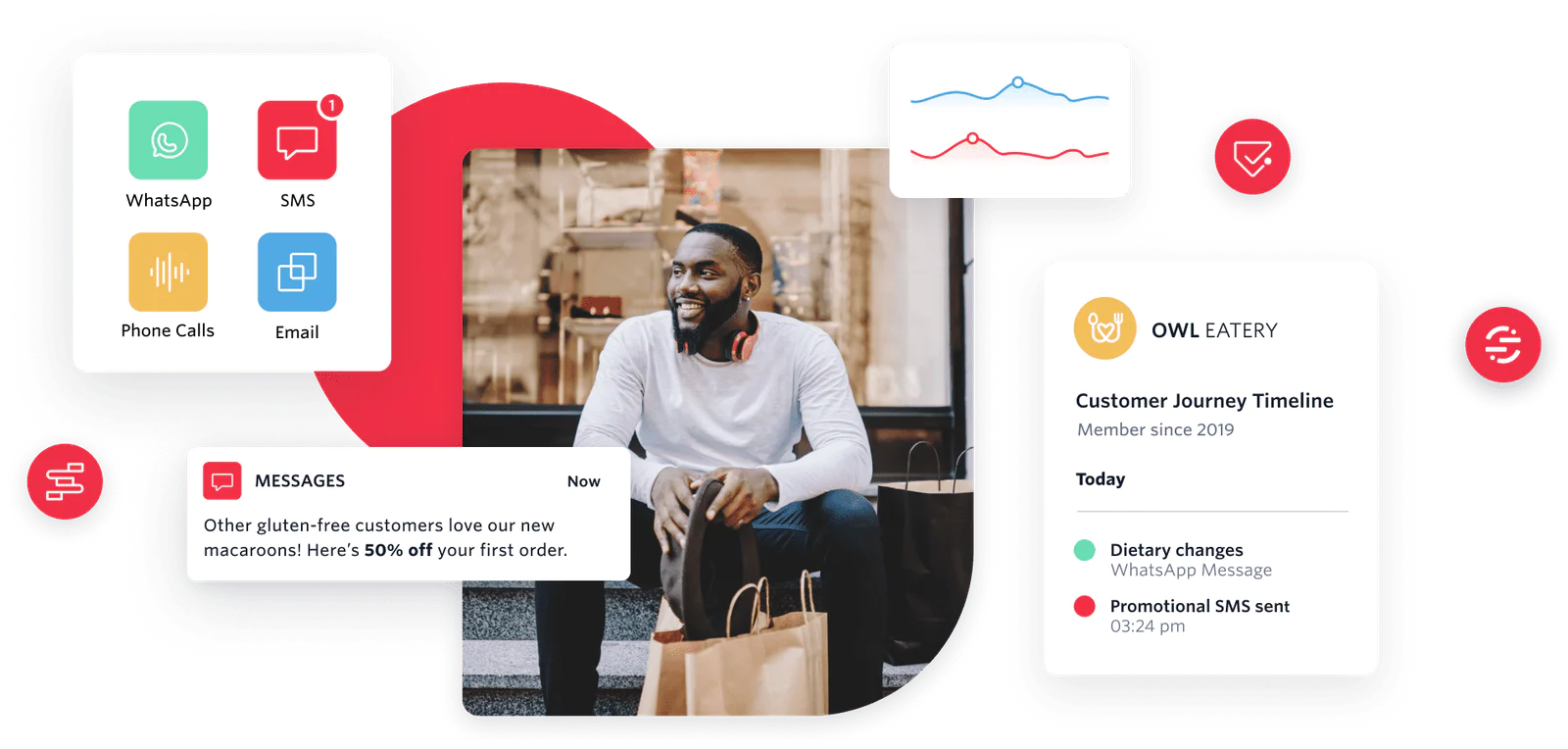
According to Forrester, enterprises that use Twilio see a 3% increase in message delivery rates, a 15% boost in development efficiency, and a 30–40% opt-in rate for SMS marketing.
Moreover, Twilio provides globally consistent services—essential for global expansion and SaaS operations. With support for communication in over 180 countries, businesses can use Twilio to access standardized, unified communication capabilities worldwide—dramatically improving efficiency and user experience.
Notably, Twilio continues to lead the Gartner CPaaS Magic Quadrant, thanks to its extensive carrier network and highly scalable platform—ideal for globally ambitious enterprises.
Four Core Capabilities: Overview of Twilio Solutions
Twilio’s offerings can be grouped into four main categories: Cloud Communications, Identity & Security, Customer Data Platform, and Intelligent Contact Center.
》Omnichannel Communications: Making Conversations Ubiquitous
In cloud communications, Twilio offers the industry’s most comprehensive channel support.
👉 SMS APIs support messaging in 180+ countries, including A2P 10DLC, short codes, toll-free numbers, and alphanumeric sender IDs.
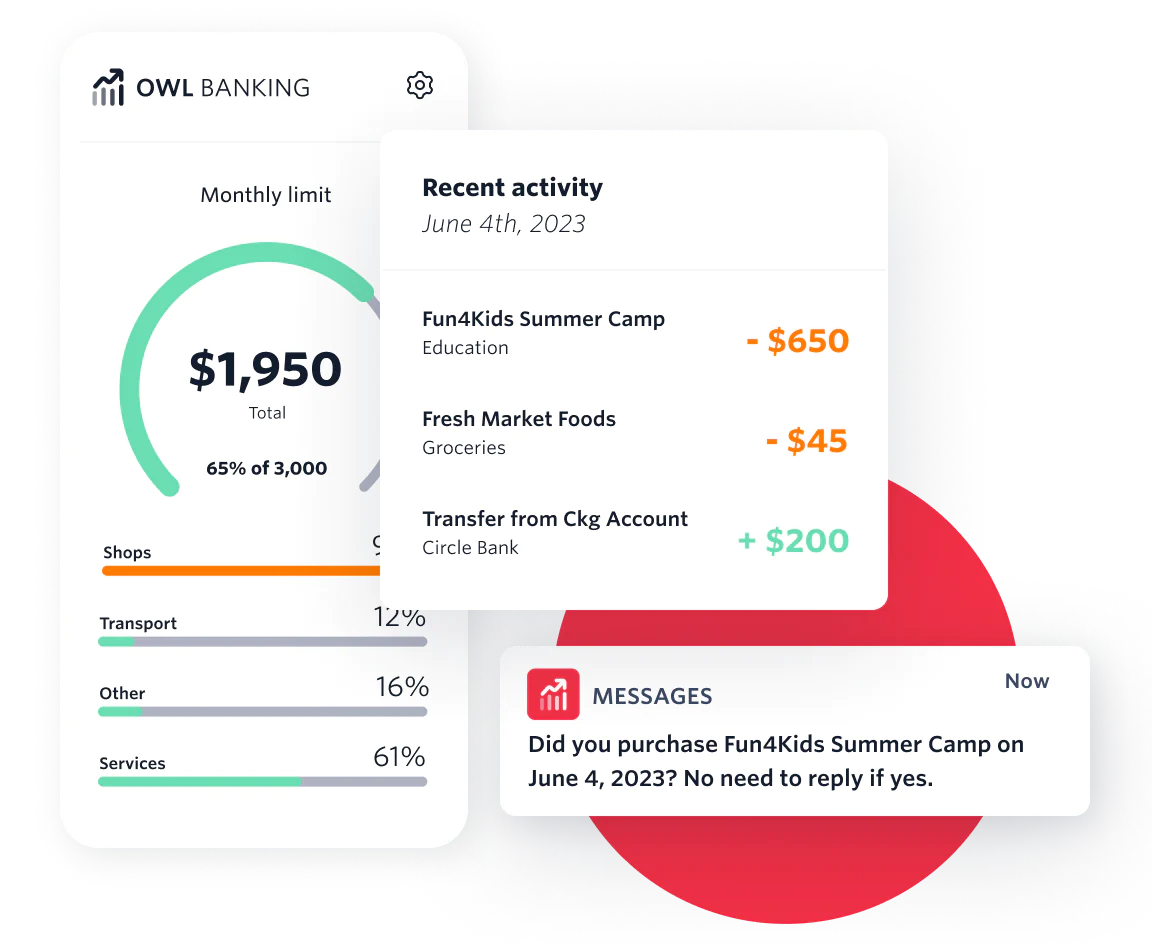
👉 Voice APIs enable not only basic calling, but also AI-powered IVR, call recording, speech recognition, and text-to-speech in hundreds of languages.
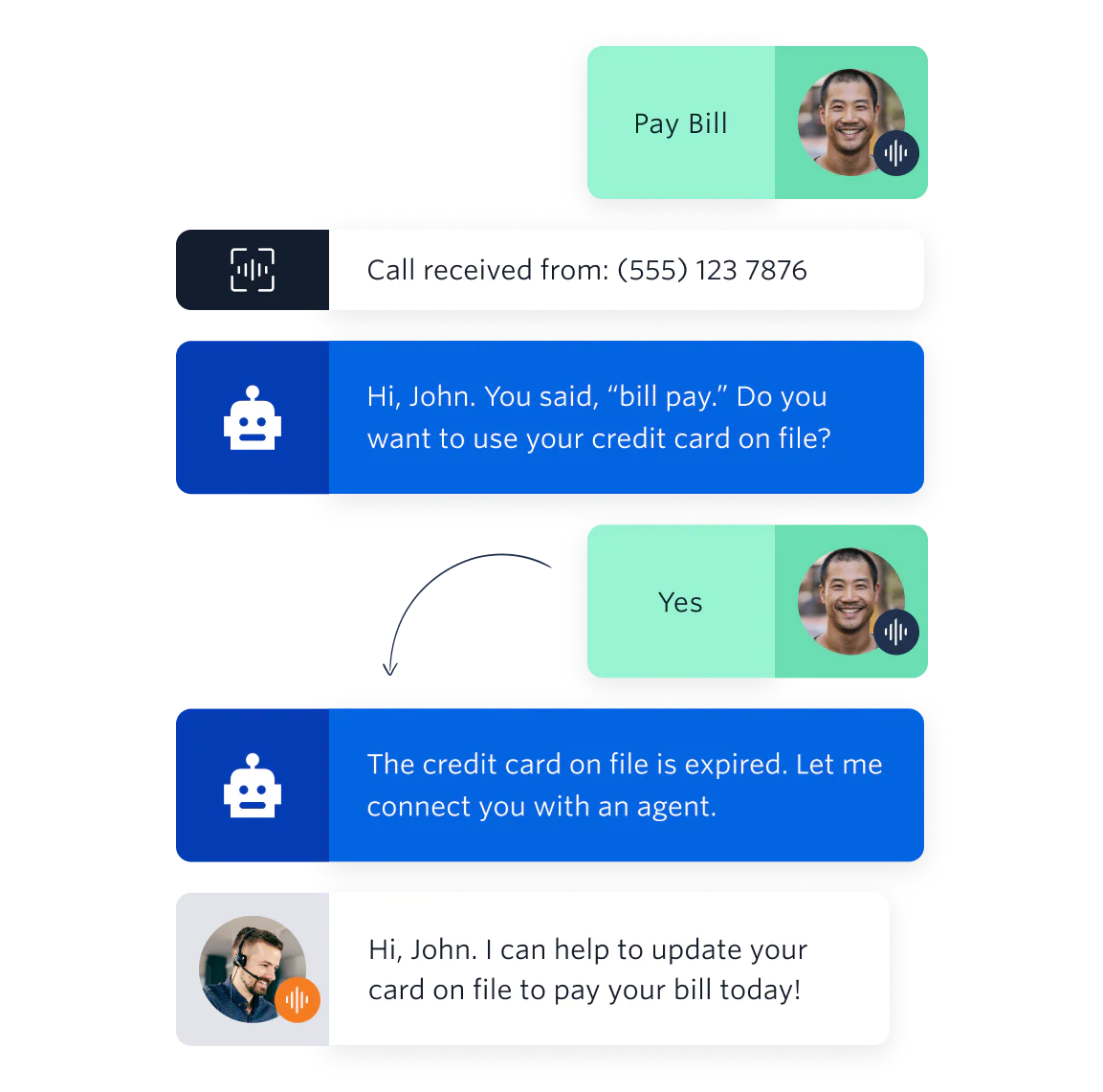
👉 In video calls, Twilio uses WebRTC with bandwidth optimization to ensure high-quality video experiences, regardless of network conditions.

👉 Twilio also offers the official WhatsApp Business API, enabling businesses to engage customers via the world’s most popular messaging app.

👉 After acquiring SendGrid, Twilio’s email services became an industry benchmark, ensuring critical messages avoid spam folders.
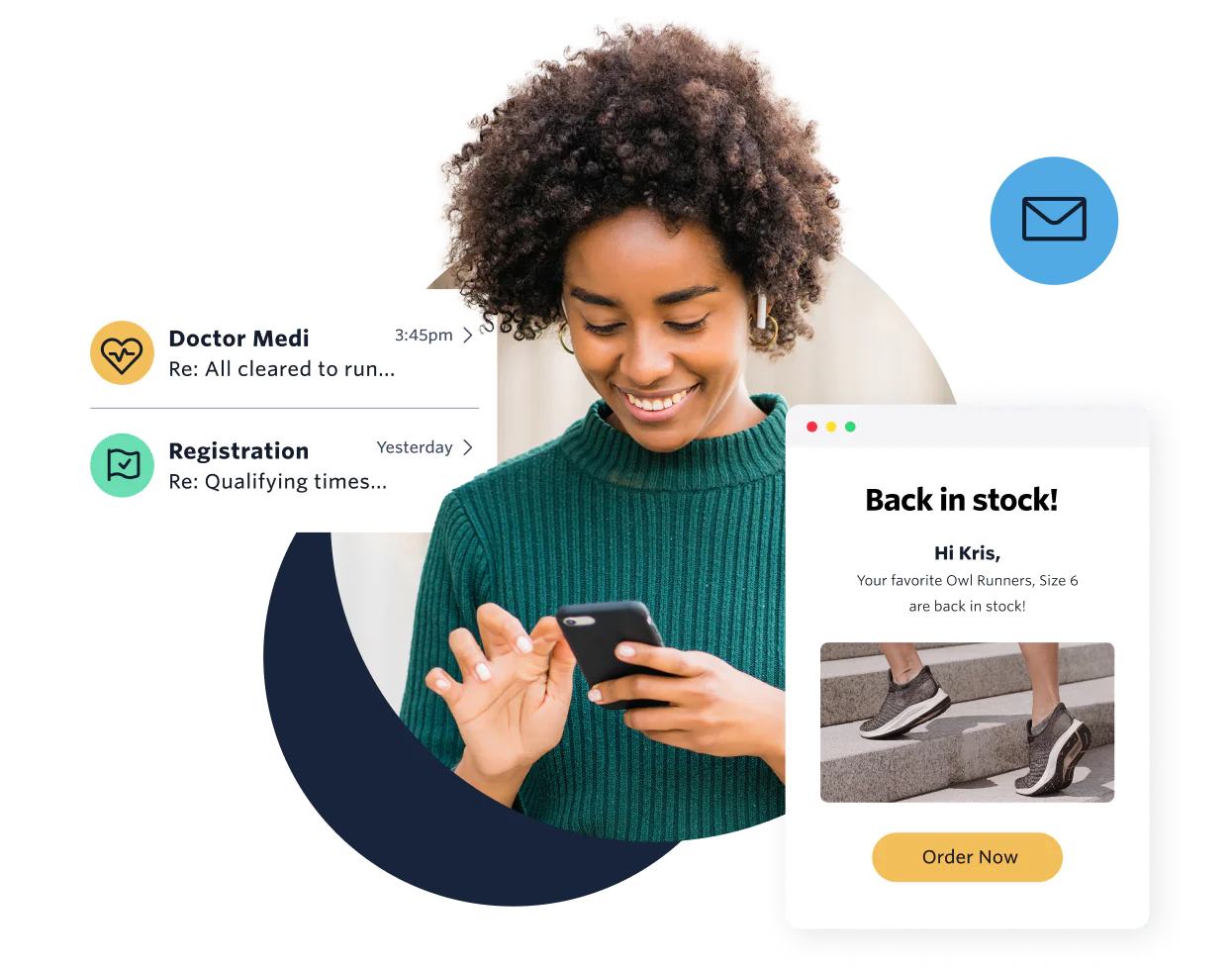
Best of all, pricing is highly competitive. SMS starts at $0.0083 per message, voice calls at $0.0085 per minute, and WhatsApp messages at $0.005—pay-as-you-go with no large upfront commitments.
Industry Examples:
- In healthcare, Cleveland Clinic sends 1.8 million patient care messages monthly with a 97% SMS delivery rate and handles over 10,000 inbound texts—improving satisfaction and reducing staff workload.
- Airbnb solved slow host responses by using automated SMS via Twilio, “significantly improving booking rates and saving countless hours of manual calling.”
- Dell built a robust order notification system on Twilio, keeping customers updated on status and payment—enhancing experience and reducing anxiety and support calls.
》Identity and Security: The First Line of Trust
In the digital age, identity verification is mission-critical. Twilio offers proven, scalable solutions.
Twilio Verify API supports multi-channel authentication via SMS, email, WhatsApp, TOTP, and silent network authentication—ensuring broad coverage of use cases.
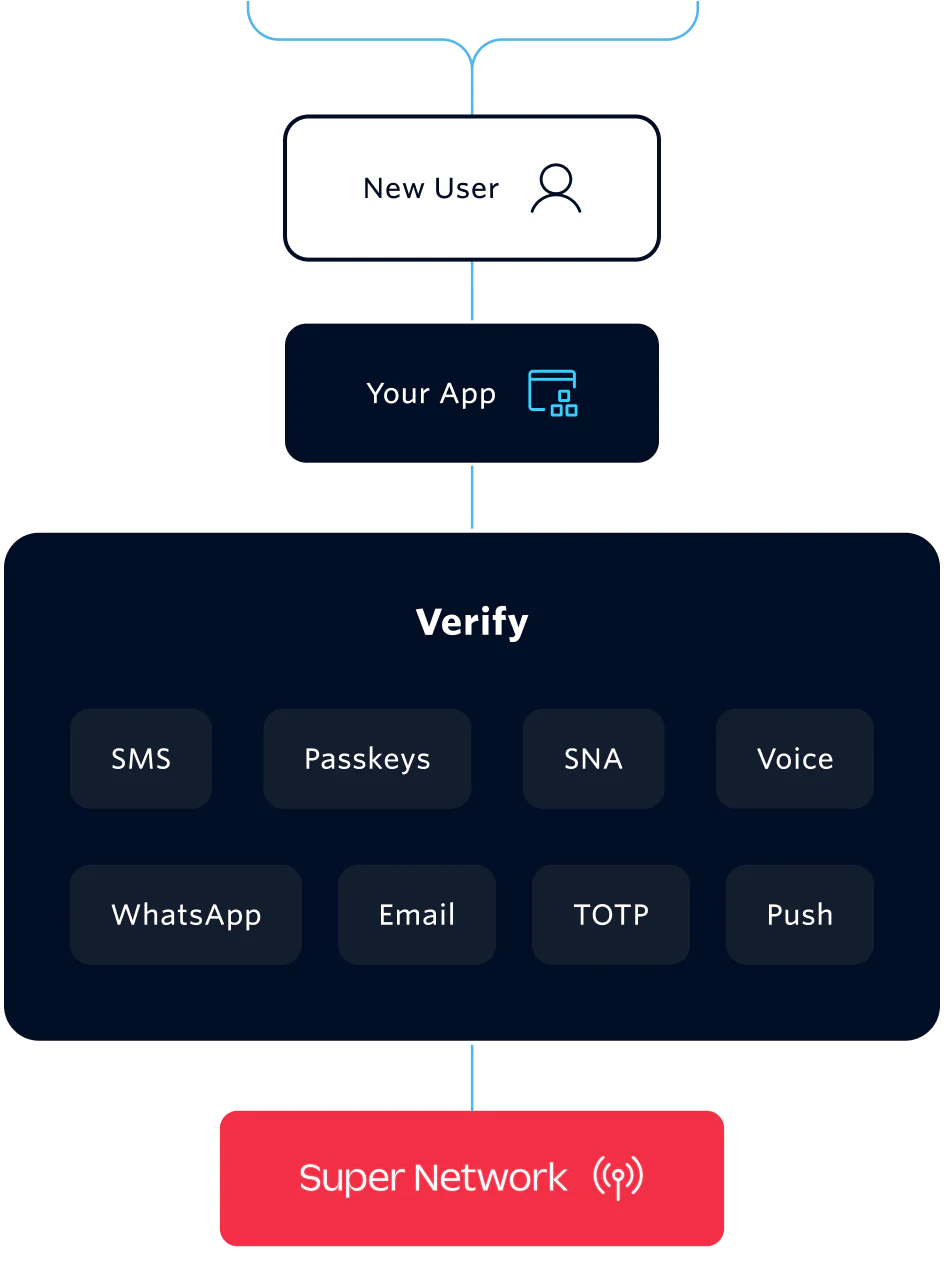
Even more impressive: the built-in Fraud Guard has saved customers over $62.7 million and blocked 569 million fraud attempts. Using machine learning, it proactively prevents SMS pumping and other attacks.
According to independent Forrester research, Twilio Verify yields a 174% ROI.
Industry Example
Fintech leader Intuit deployed Twilio Verify in over 200 countries within just 3 months—showcasing Twilio’s speed and global readiness for fast-scaling companies.









